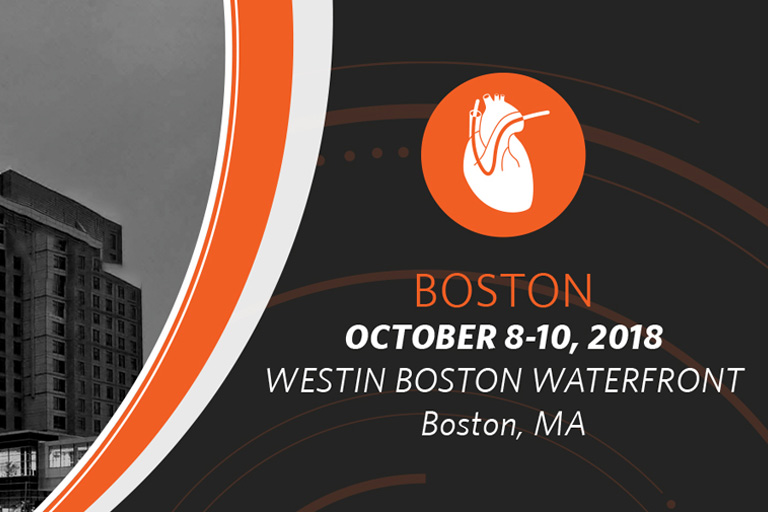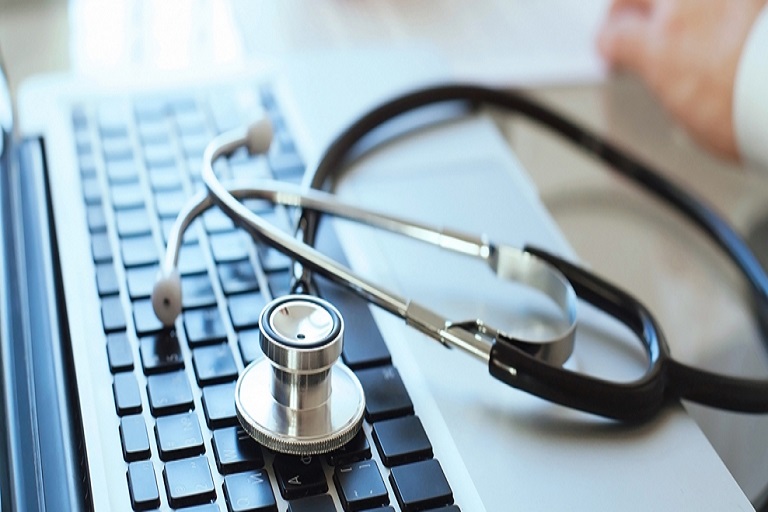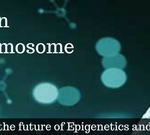New York City’s Mount Sinai Health System has installed more than 100 Google Nest cameras in hospitals to observe and communicate with COVID-19 patients.
WHY IT MATTERS
Health officials have reported more than 189,000 confirmed and probable coronavirus cases in New York City, making it one of the country’s biggest hotspots. The ensuing flood of patients has strained hospital resources, including staffing, beds and personal protective equipment. In order to reduce potential transmission and conserve PPE, healthcare workers at the Mount Sinai Health System are using Google Nest cameras to check in on patients.
With the Nest consoles created for this purpose, Mount Sinai System healthcare workers can watch live footage streamed from inpatient units and communicate with patients without repeatedly exposing themselves to the virus.
“This technology improves our efficiency by cutting down the number of times our medical team has to enter patient rooms, allowing us to preserve protective personal equipment,” said Robbie Freeman, vice president of clinical innovations at The Mount Sinai Hospital, in a statement. “It enhances safety for patients because we can keep an eye on everyone from the nursing station, and for our staff, it minimizes the frequency of time spent in-room with COVID-19 patients,” Freeman continued.
THE LARGER TREND
Although virtual care has grown in popularity amid the COVID-19 epidemic, some patients have expressed skepticism about using telehealth to communicate with providers.
Still, experts have pointed to inpatient monitoring as the next frontier for telehealth advancements. Telemedicine technology vendor Cloudbreak Health announced in March that it had enabled its Martti devices to virtually treat potential COVID-19 patients who seek in-person care.
At NYU Langone, also in New York City, Chief Medical Information Officer Dr. Paul Testa reported more than 1,000 tablets currently in bedside use. “At a time when we can’t have visitors bedside, people are alone and sick. We don’t need to have that any longer,” Testa said.
ON THE RECORD
“We are grateful to partner with Google in curating a console that responds to the needs of so many hospitals right now,” said Mount Sinai senior director of digital health Sudipto Srivastava in a statement. “The Nest team worked with us over nights and weekends to develop a much-needed solution that addressed real challenges.” “This assists us with providing the highest level of care, while serving our patients and protecting our staff,” Srivastava said.
























